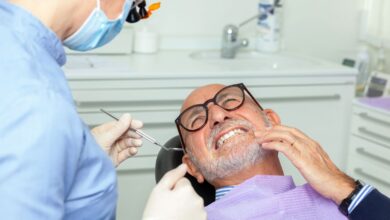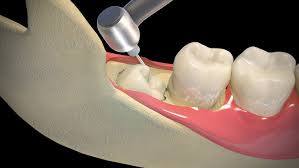Noticing a Change in How You Hear? It’s Time to Act

The changes may be subtle at first. You need to ask a friend to repeat themselves several times at a party. Sometimes, the change may even be welcome, if small sounds no longer wake you up from naps.
However, all of these small changes add up to one thing: hearing loss. Hearing loss usually starts with small changes, and causes degeneration to the point that you may have trouble communicating and enjoying basic activities that you once loved. That’s why it’s important to act as soon as you notice the first changes in how you hear.
Here are the steps you should take the second you notice a difference in your hearing. Acting in time can help prevent further damage.
Seek Medical Attention
You are the only one who can know the extent to which your hearing loss affects your life (although your family will also notice changes in your behavior). As soon as you notice changes, talk to a doctor. You can talk to your primary care physician, who can refer you to an audiologist.
Seeking medical help as soon as you notice a change in your hearing is important for a few reasons. First, the doctor can give you an accurate diagnosis. Audiologists perform a hearing evaluation on all new patients to test the extent of the hearing loss. This evaluation can help you know the extent of your hearing loss and your prognosis for any future damage. It also helps you understand the specifics of your hearing loss. Some people first experience loss at certain frequencies or of certain types of sounds. A comprehensive evaluation of hearing can help you understand how to navigate your daily life while accommodating your hearing loss.
If Prescribed, Take Medication
If the change in your hearing was dramatic, it may not be permanent. Certain medical problems, such as ear infections, cause temporary hearing loss. If you suddenly notice muffling in sounds you used to hear properly, and have other symptoms such as earaches and dizziness, an infection is a likely cause of your hearing problems.
If a doctor suspects this condition, they’ll prescribe you antibiotics or steroids. Follow their directions and take the prescribed medication. After you finish the round of treatment, your hearing will probably come back.
Wear Assistive Devices
If your doctor diagnoses you with long-term hearing loss, they will probably suggest you wear assistive devices such as hearing aids. Hearing aids help protect your hearing from further damage and make it easier to communicate with your current level of hearing loss.
What to Do After Noticing Changes in Your Hearing
As soon as you notice a change in the way you hear, the first thing you should do is contact your primary care physician. Your doctor can diagnose and treat basic causes of temporary hearing loss, such as earwax buildup and ear infections. If they notice that the problem is more complex, they can direct you to a specialist.
An audiologist can perform a full evaluation of your hearing and help you set up personalized treatment plans, including assistive devices. The sooner that you see a doctor, the better your results will be.



